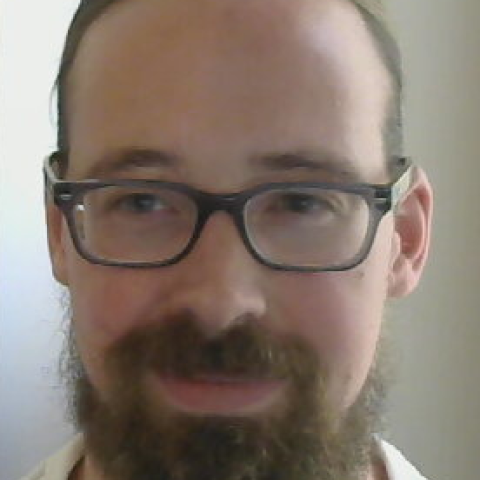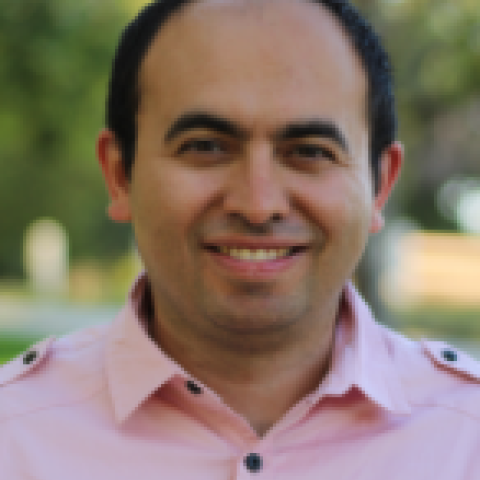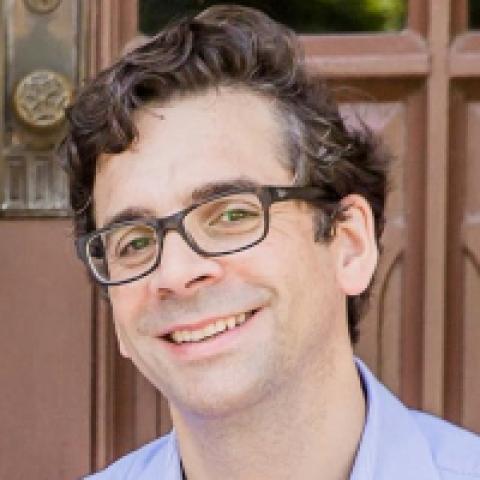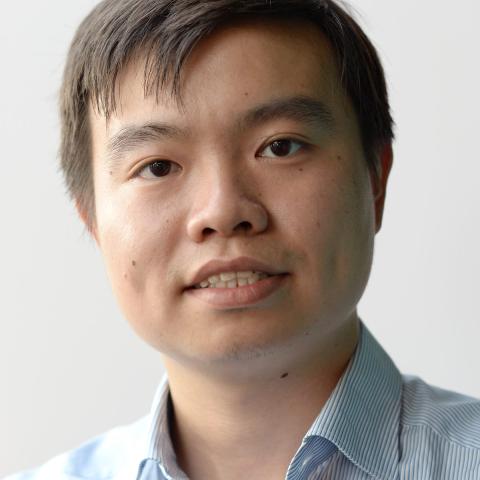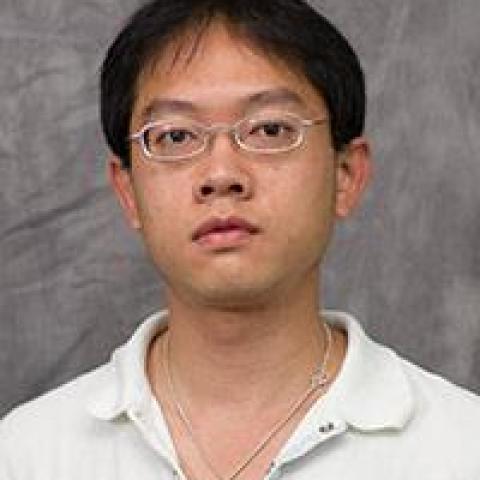Ahmet Coskun is a systems biotechnologist and bioengineer, working at the nexus of multiplex imaging and quantitative cell biology.
Single Cell Biotechnology Lab is strategically positioned for imaging one cell at a time for spatial context. We are multi-disciplinary researchers interested in photons, ions, and electrons and their interactions with cells and tissues. Using large-scale experiments and computational analysis, we address fundamental challenges in cancers, immunology, and pediatric diseases. Variability of single cell profiles can be used to understand differences in therapeutic response, as well as satisfy our curiosity on understanding how cells are spatially organized in nature.
Our lab aims to deliver biotechnologies for spatial multi-omics profiling vision at the single cell level.
1) Spatial genomics: Our lab was part of an early efforts to demonstrate spatially resolved RNA profiling in single cells using a sequential FISH method. We will continue leveraging seqFISH and correlation FISH (another computational RNA imaging method) for exploring spatial dynamics of cellular societies.
2) Spatial proteomics: Our lab develops expertise on antibody-oligonucleotide based barcoding for multiplex protein imaging using CODEX technology. We combine CODEX with super-resolution and 3D imaging to visualize and quantify subcellular epigenetic states of immune and cancer cells.
3) Spatial metabolomics: Our lab works on computational and isotope barcoding approaches for small molecule profiling using MIBI (Multiplexed ion beam imaging). 3D and subcellular metabolic state of individual cells are used to model functional modes of cellular decision making in health and disease.
We also develop machine learning and deep learning algorithms to make sense of imaging based single cell big data.
In a nutshell, we create image-based ‘omic technologies to reveal spatial nature of biological systems. We benefit from enabler tools: Super-resolution bioimaging, barcoded biochemical reagents, advanced algorithms and automated microfludics. Topical interests include Spatial Biology, Liquid Biopsy, and Global Oncology.
Ahmet Coskun trained at Stanford (Postdoc/Instructor with Garry Nolan), Caltech (Postdoc with Long Cai) and UCLA (PhD with Aydogan Ozcan). His lab is currently funded by NIH K25, BWF CASI, Georgia Tech & Emory.
Additional Research
The Single Cell Biotechnology Lab aims to study spatial biology in health and disease. Our research lies at the nexus of multiplex bioimaging, microfluidic biodynamics, and big data biocomputation. Using high-dimensional nanoscale imaging datasets, we address fundamental challenges in immuno-engineering, cancers, and pediatric diseases. Our lab pursues a transformative multi-omics technology to integrate spatially resolved epigenetics and spatial genomics, proteomics, and metabolomics, all in the same platform. We uniquely benefit from super-resolution microscopy, imaging mass spectrometry, combinatorial molecular barcoding, and machine learning to enhance the information capacity of our cellular data. Variability of single cell images can be used to understand differences in therapeutic responses, as well as satisfy our curiosity on understanding how cells are spatially organized in nature.
